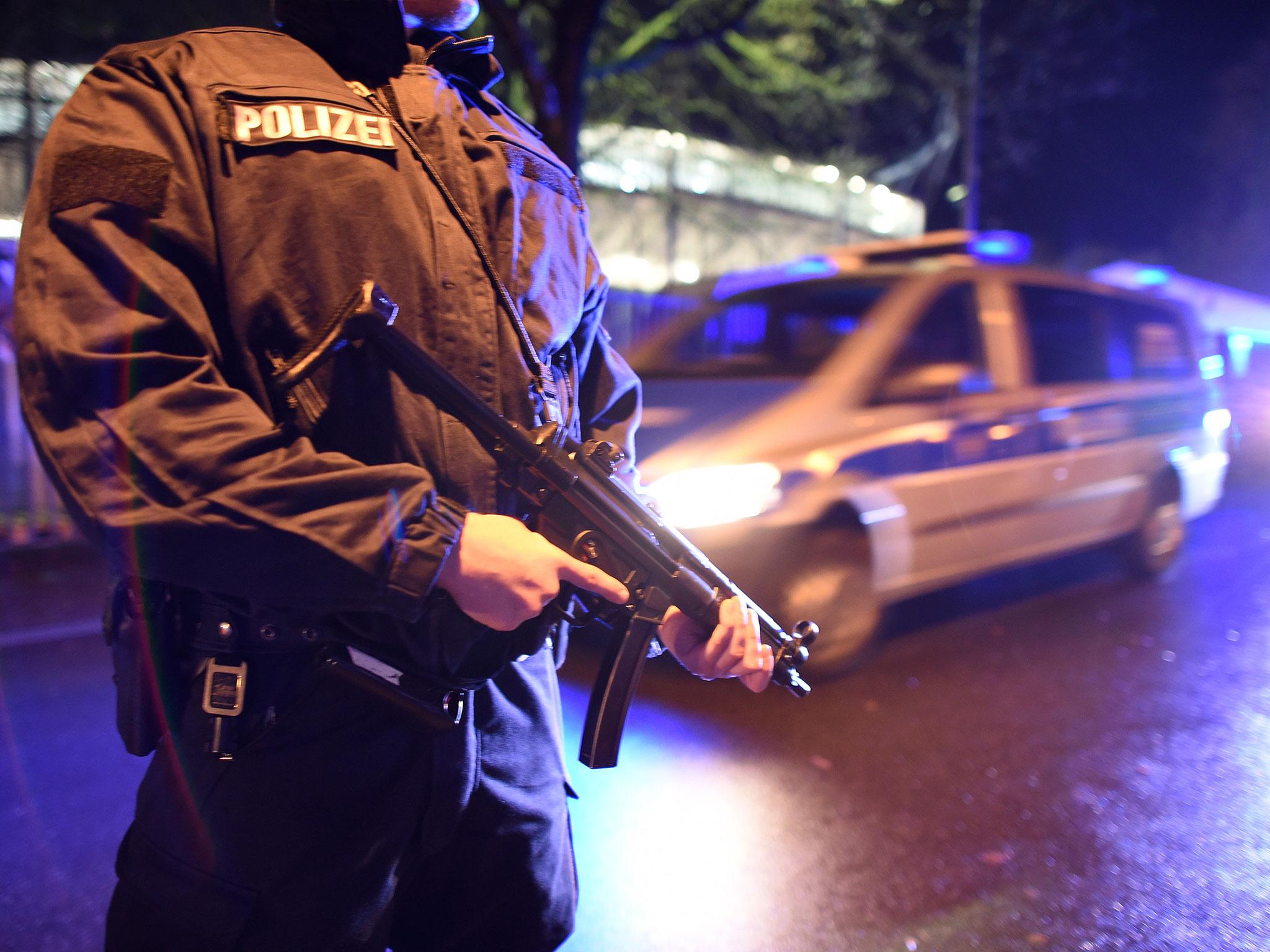Sicily's economy is so depressed even the mafia is moving to Germany to find jobs
Once all-powerful in Sicily, the world's most famous crime gang, known as Cosa Nostra, is believed to have started expanding into Germany

Your support helps us to tell the story
From reproductive rights to climate change to Big Tech, The Independent is on the ground when the story is developing. Whether it's investigating the financials of Elon Musk's pro-Trump PAC or producing our latest documentary, 'The A Word', which shines a light on the American women fighting for reproductive rights, we know how important it is to parse out the facts from the messaging.
At such a critical moment in US history, we need reporters on the ground. Your donation allows us to keep sending journalists to speak to both sides of the story.
The Independent is trusted by Americans across the entire political spectrum. And unlike many other quality news outlets, we choose not to lock Americans out of our reporting and analysis with paywalls. We believe quality journalism should be available to everyone, paid for by those who can afford it.
Your support makes all the difference.After year's of decline, Sicily's mafia clans are heading to Germany in search of business.
In addition to being squeezed over the past two decades by an Italian government crackdown on organised crime, with many of its bosses put behind bars, the mafia has also had to contend with a decline in Sicily's economy.
But a large-scale anti-drug operation in the south-west of Germany has revealed the extent to which Sicily's crime gangs have moved their businesses to Europe's wealthier regions, The Guardian reports.
Nineteen suspected drug traffickers were arrested in a sting in the town of Villingen-Schwenningen on 21 June, and €4m worth of goods and money seized.
It is believed the gang were operating in Rottweil and Stuttgart, in Baden-Wurttemberg, the German state with the lowest poverty rate.
Italian authorities said the gang had smuggled tons of marijuana and cocaine from Albania to Germany and laundered the profits in slot machines, which they had forced the owners of local bars and shops to install.
They also suspect drug trafficking profits were used to buy weapons in the Balkans.
Once all-powerful on Sicily, the world's most famous crime gang, known as Cosa Nostra, "Our Thing," is also believed to have started expanding into Germany.
Although Cosa Nostra has faced numerous setbacks, no one believes it is dying.
After years of decline, with the Calabrian 'Ndrangheta overtaking it as Italy's most powerful mobsters, prosecutors believe it is trying to rebuild, starting with its drug trade.
Italian prosecutors say the 'Ndrangheta has a stranglehold on cocaine trade, but Cosa Nostra is a major player in the Italian hashish market, often importing the drug from northern Africa and selling it throughout Europe.
In March, police found 400kg (880lb) of hashish, worth an estimated €3m, floating just off the Sicilian coast after a drop-off went awry.
In May, police seized around 300kg of hashish in a single raid in Palermo.
"For a while, the Mafia depended on public work scams and extortion rackets for much of their money, but with the economy in such a dire straits here, they are returning to their old drug habits," a senior anti-Mafia magistrate told Reuters, declining to be named because he was not authorised to speak publicly.
Sicily's economic output fell more than 13 per cent between 2008 and 2015 and is only slowly recovering, while the jobless rate is 22 per cent, twice the national average.
The deep recession has made it much more difficult for hard-up businesses to pay protection money, or "pizzo" in Italian, to the Mafia and more than 1,000 firms have revolted against paying that in Palermo alone in little more than a decade.
The state's fight against the Mafia only got serious in 1992 after the group murdered two of Italy's top magistrates, Giovanni Falcone and Paolo Borsellino, triggering national outrage and finally forcing complacent politicians to act.
Successive governments introduced waves of anti-Mafia laws, allowing the state to seize mob assets, keep imprisoned mafiosi incommunicado and far from Sicily, and develop protection programmes for informers.
As a result, hundreds of mafiosi have been arrested over the past 25 years, including Salvatore "Toto" Riina, the Boss of Bosses, who ordered the murders of Falcone and Borsellino. He is 86 and believed to be terminally ill and likely to die in jail.
Additional reporting by Reuters
Subscribe to Independent Premium to bookmark this article
Want to bookmark your favourite articles and stories to read or reference later? Start your Independent Premium subscription today.
Join our commenting forum
Join thought-provoking conversations, follow other Independent readers and see their replies
Comments